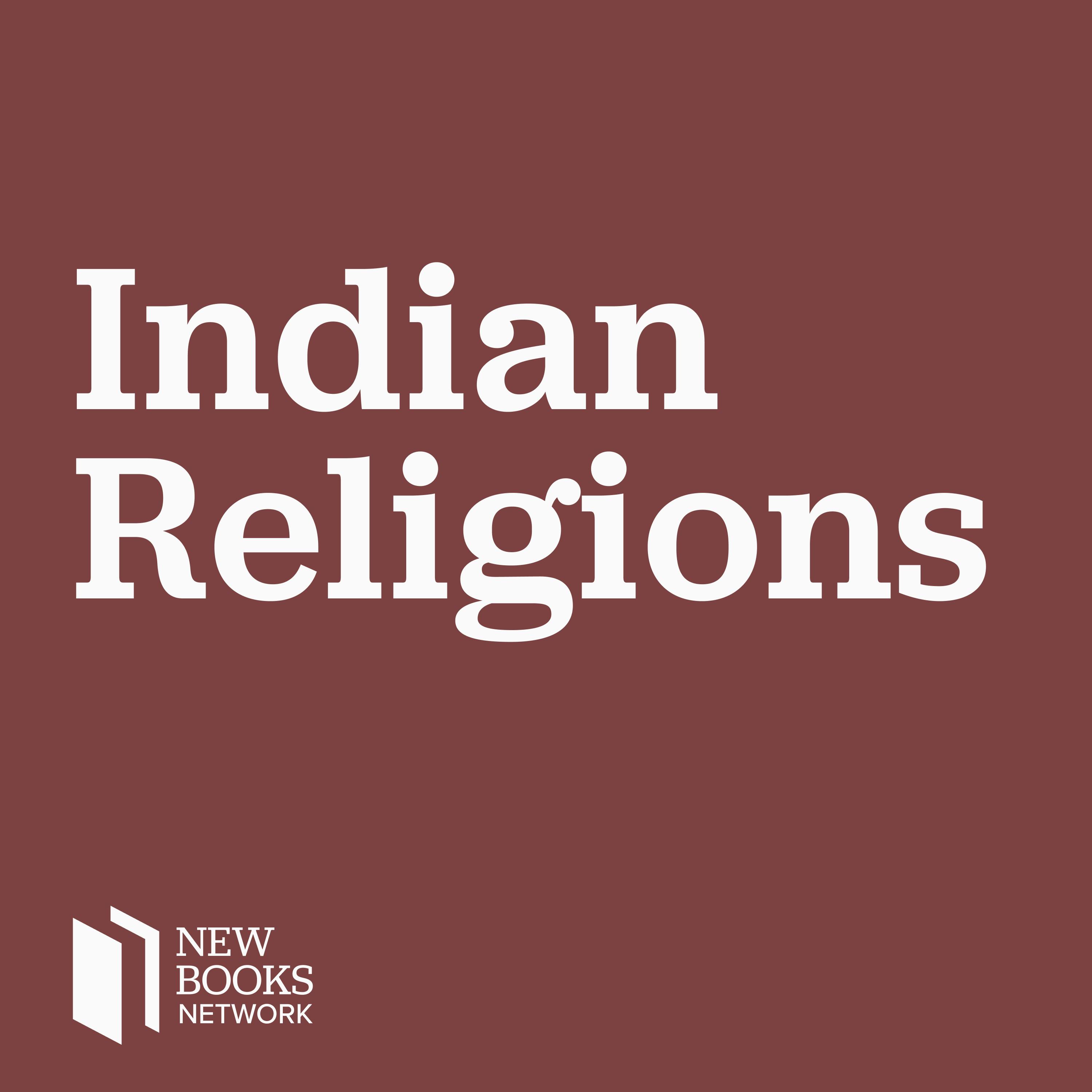Dalpat Rajpurohit, "Sundar's Dreams: Ārambhik Ādhunikatā, Dādūpanth and Sundardās's Poetry" (Rajkamal, 2022)
Description
Dalpat Rajpurohit's book Sundar's Dreams: Ārambhik Ādhunikatā, Dādūpanth and Sundardās's Poetry (Rajkamal, 2022) explores the making and lifespan of a religious community in early modern India. Demonstrating fresh perspectives on how to speak historically about the Hindi literary past it questions the categorization of Hindi literature into the binaries of ‘spontaneous’ devotional (bhakti) versus ‘mannerist’ courtly (riti) tropes which have remained prevalent in Hindi historiographies since the nationalist period. The book studies the devotional and literate community of the sixteenth-century poet-saint Dadu Dayal who flourished in north-western India during the heydays of the Mughal-Rajput multicultural milieu. Building networks with imperial and sub-imperial courts the community of Dadu Dayal grew in the towns located on the major trade routes in Mughal India. Dadu Dayal’s disciples got patronage from traders flourishing in Mughal trade and admitted saints of merchant castes backgrounds into their community. In such a socio-historical context emerged the poet-saint Sundardas who composed in the polished literary idiom of Hindi and whose life span covered almost the entire seventeenth century.
By studying the large corpus of Sundardas, published and unpublished, the book demonstrates how Sundardas sought to create a new community of taste by participating in the literary innovations happening in the courtly circles. Sundardas was one of the early poet-saints who equated devotion (bhakti) with non-duelist thought, thus vernacularized the philosophical system which would later become the chief scholastic stance of modern Hinduism.
Learn more about your ad choices. Visit megaphone.fm/adchoices
Support our show by becoming a premium member! https://newbooksnetwork.supportingcast.fm/indian-religions
More Episodes
In If All the World Were Paper: A History of Writing in Hindi (Columbia UP, 2024), Tyler W. Williams puts questions of materiality, circulation, and performance at the center of his investigation into how literature comes to be defined and produced within a language, specifically, premodern...
Published 11/14/24
The Embassy, the Ambush, and the Ogre: Greco-Roman Influence in Sanskrit Theater (Open Book, 2024) presents a sophisticated and intricate examination of the parallels between Sanskrit and Greco-Roman literature. By means of a philological and literary analysis, Morales-Harley hypothesizes that...
Published 11/07/24
Published 11/07/24


